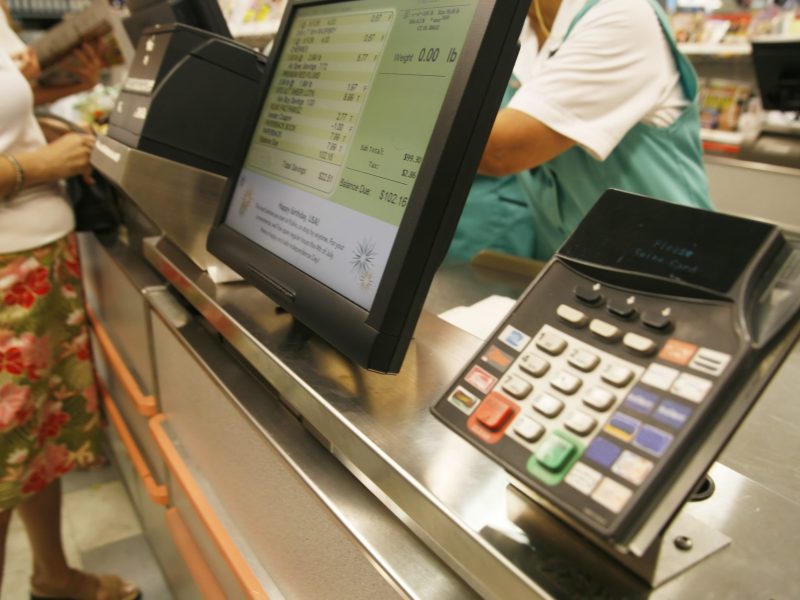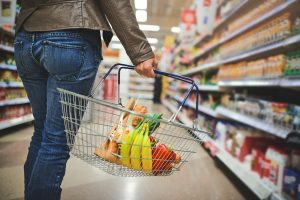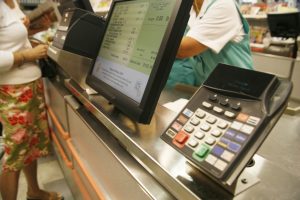In early 2025, Texas investigators uncovered a sprawling scheme to defraud the Supplemental Nutrition Assistance Program (SNAP). Dozens of individuals were charged with fabricating eligibility documents, inflating household sizes, and concealing income to claim benefits. At the center of the case were three ringleaders who operated “application mills,” charging clients hundreds of dollars to falsify pay stubs, utility bills, and rental agreements.
The fraud was lucrative. Over two years, the conspirators funneled more than $5 million in federal aid meant for low-income families. Some participants boasted on social media about new cars and vacations—all funded by stolen benefits. One Houston mother admitted she was still receiving assistance while running a successful catering business with significant unreported income.
What made this case particularly alarming was the systemic abuse. Fraudsters exploited weaknesses in state eligibility checks, relying on volume and forged paperwork to slip past overwhelmed caseworkers. “This wasn’t about survival—it was about greed,” said U.S. Attorney Alamdar S. Hamdani.
The impact rippled beyond budgets. Every fraudulent dollar drained meant fewer resources for Texans who genuinely needed support. SNAP, designed as a lifeline, was manipulated into a revenue stream. Federal prosecutors stressed that intentional misrepresentation is a felony, not a harmless shortcut.
In response, the Texas Health and Human Services Commission pledged stronger verification protocols, including data-matching tools to flag inconsistencies in income and residency. Officials are also urging frontline staff to pause when an application feels “too perfect.”
Fraud doesn’t just exploit systems—it undermines public trust in programs that serve millions. As this case showed, abuse at scale can trigger scrutiny that hurts honest families, too.
Today’s Fraud of the Day draws on coverage from the Houston Chronicle and U.S. Department of Justice reports detailing the Texas SNAP benefits fraud case exposed in early 2025.




